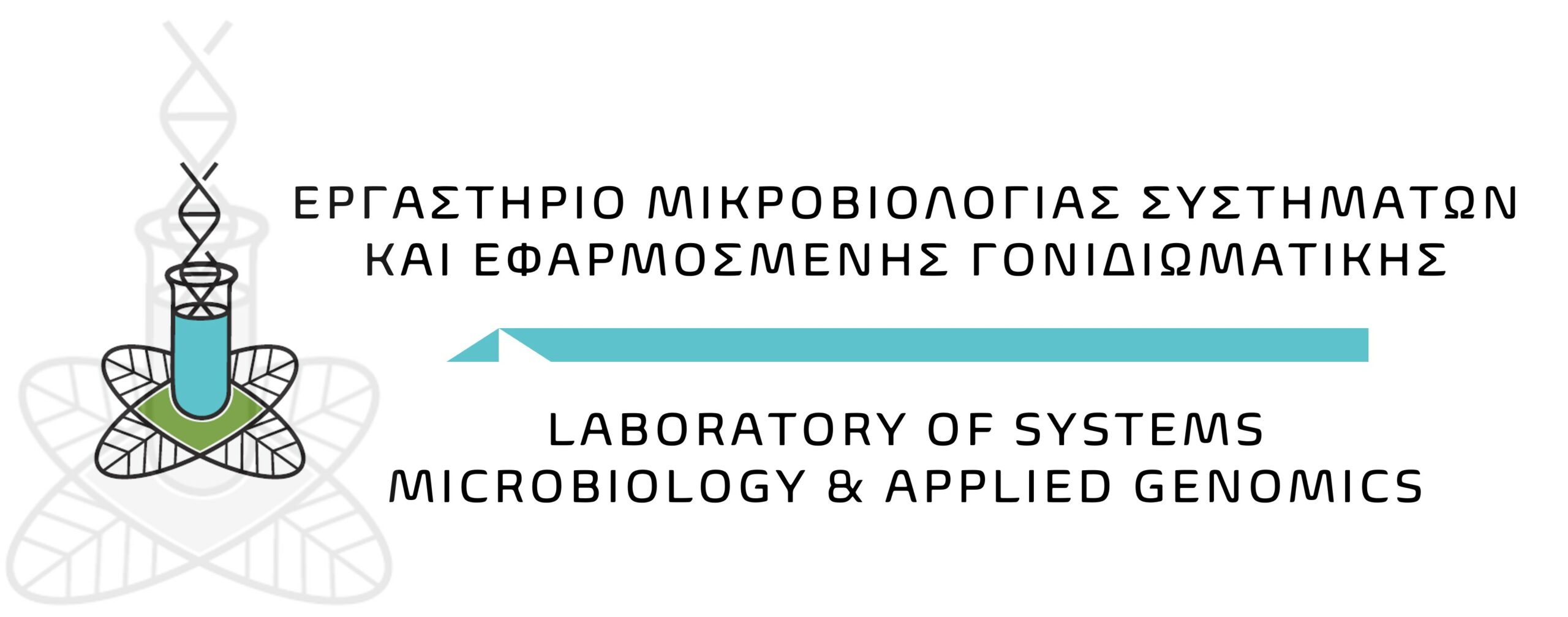Abstract
Symbiotic bacteria contribute to a multitude of important biological functions such as nutrition and reproduction and affect multiple physiological factors like fitness and longevity in their insect hosts. The melon fly, Zeugodacus cucurbitae (Coquillett), is an important agricultural pest that affects a variety of cultivated plants belonging mostly to the Cucurbitaceae family. It is considered invasive and widespread in many parts of the world. Several approaches are currently being considered for the management of its populations including the environmentally friendly and effective sterile insect technique (SIT), as a component of an integrated pest management (IPM) strategy. In the present study, we examined the effect of diet and radiation on the bacterial symbiome of Z. cucurbitae flies with the use of Next Generation Sequencing technologies.
